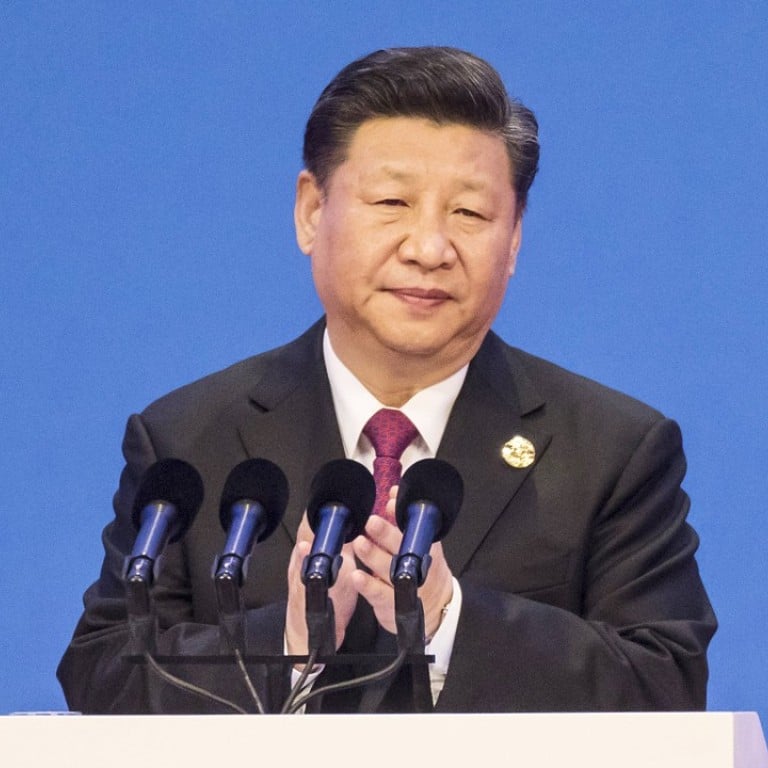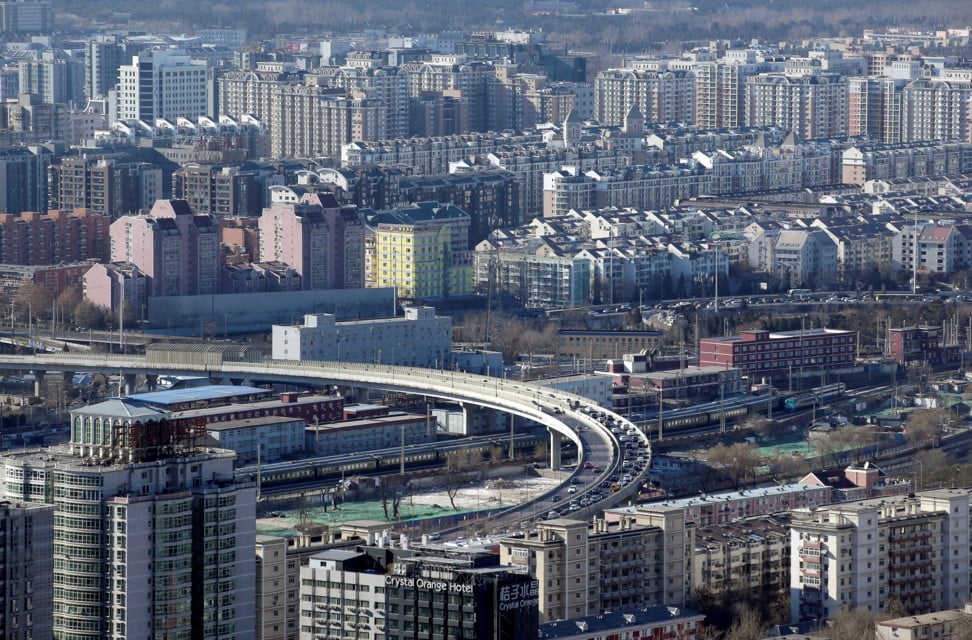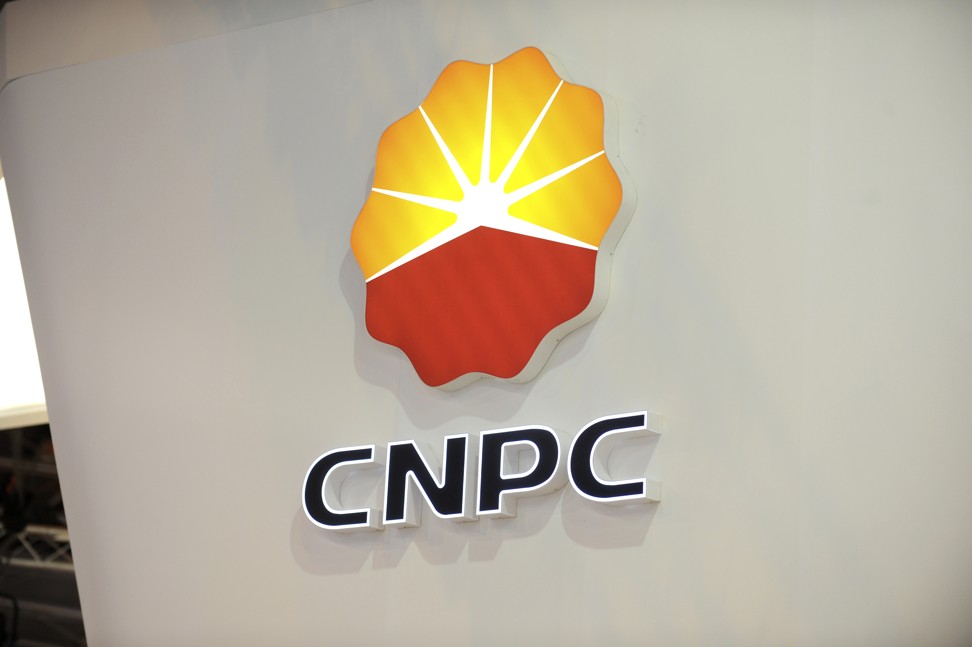
Chinese President Xi Jinping’s show of support for state-owned firms ‘no surprise’, analysts say
But it did little to ease trade tensions on world stage, president of European Chamber of Commerce in China says
Chinese President Xi Jinping’s show of support for the country’s state-owned enterprises (SOEs) this week should not have come as a surprise, analysts said on Friday, though the head of a group representing European firms in China said it had done little to ease trade tensions.
According to a report published late on Thursday by Xinhua, Xi said on a visit to Liaoyang Petrochemical, a subsidiary of the state-owned oil giant China National Petroleum Corp, that SOEs “should continue to become stronger, better and larger” and that suggestions they should be diminished were “wrong and one-sided”.
He was speaking after the United States Trade Representative on Tuesday issued a joint statement following a meeting of trade ministers from the US, Japan and the European Union in which they said they opposed “non-market” trade practices of third-party countries.
Although the statement did not mention China by name, the ministers expressed concern at the practice of some countries to develop SOEs into “national champions and setting them loose in global markets – resulting in distortions that negatively affect farmers, industrial producers, and workers” in the US, EU and Japan.
They also complained of SOEs receiving preferential treatment in the form of low-cost loans from state-owned banks and subsidies, which caused and supported overcapacity.
Xi says it’s wrong to ‘bad mouth’ China’s state firms … but country needs private sector as well
Despite their concerns, Xu Jianwei, senior China economist at French Bank Natixis, said there was little chance that Beijing would change tack on the issue of state-owned companies.
“China is unlikely to change the way it manages SOEs to please the US, otherwise it would undermine its whole growth model and the impact would be too large,” he said.
While Beijing might play down programmes such as “Made in China 2025” – a massive plan for industrial upgrading in 10 hi-tech sectors – there would be no radical reforms, he said.
However, Xu said it was likely the comments Xi made during his visit to the petrochemical plant were intended for a domestic audience rather than China’s major trading partners.
Fox Hu Zhiyong, an associate professor at the Education University of Hong Kong, said he too was not surprised by Xi’s comments as the president had imposed a much tighter grip on SOEs than his predecessors.
“SOEs are a symbol of socialist ideology,” he said. “Xi will definitely voice his support for them.”
According to a report by Hong Kong newspaper Apple Daily, more than 120 SOEs listed in Hong Kong have revised their corporate by-laws to give greater power to their Communist Party cells, while some allocate the equivalent of 1 per cent of their pay rolls to fund them.
Work with allies to update WTO rules instead of waging solo trade war, former US officials tell Donald Trump
According to the Xinhua report, Xi said that the role of the Communist Party in state-owned firms must remain strong.
The power of SOEs and the benefits afforded to them are core issues in the trade war between the US and China. While Beijing sees them as the backbone of the nation’s economy, Washington regards such a high degree of state invention as unacceptable.
Mats Harborn, president of the European Chamber of Commerce in China, said in an interview that Xi’s comments had done little to help the current tensions.
“There is a trade war where the US is complaining about unfair and discriminatory practices in the Chinese marketplace, a view that is shared by European companies,” he said.
“[So] to say at this time that SOEs should become bigger and stronger does not make sense. If Xi had also said that China plans to lift the burden of social responsibility off the back of SOEs and at the same time stop subsidising and supporting them, then the statement would be easier to accept.”
As trade war escalates, China intensifies role of state-owned enterprises
Beijing should provide its trading partners with greater clarity on how SOEs might work in the future, Harborn said.
“There has to be a clear timetable for when SOEs in the commercial arena are fully and independently responsible for their own profit and loss statements and balance sheets,” he said.
“That communication is missing and China is now risking creating another source of tension by not being clear in its communication.”
Thomas Gatley, an analyst with research firm Gavekal Dragonomics said in note published at the end of last month that support from China’s state-run banking system and implicit credit guarantees from central and local governments was making it easier for SOEs to issue bonds in the onshore market and gave them an unfair advantage over private firms.
“The fact that all the bond defaults so far this year have come from private issuers only reinforces the perception that SOE debt is a far safer investment, allowing state sector companies to raise funds more cheaply,” he said.
China ‘supports millions of American jobs, makes big profits for US firms’, Beijing says
In its latest position paper published earlier this month, the European Union Chamber of Commerce in China complained that China’s aviation, banking, construction and insurance sectors were dominated by SOEs that “often crowd out healthy competition”.
In a white paper published earlier this year, the Japanese Chamber in China said that SOE monopolies in certain sectors had made it more difficult for foreign firms to gain access to the Chinese market.




